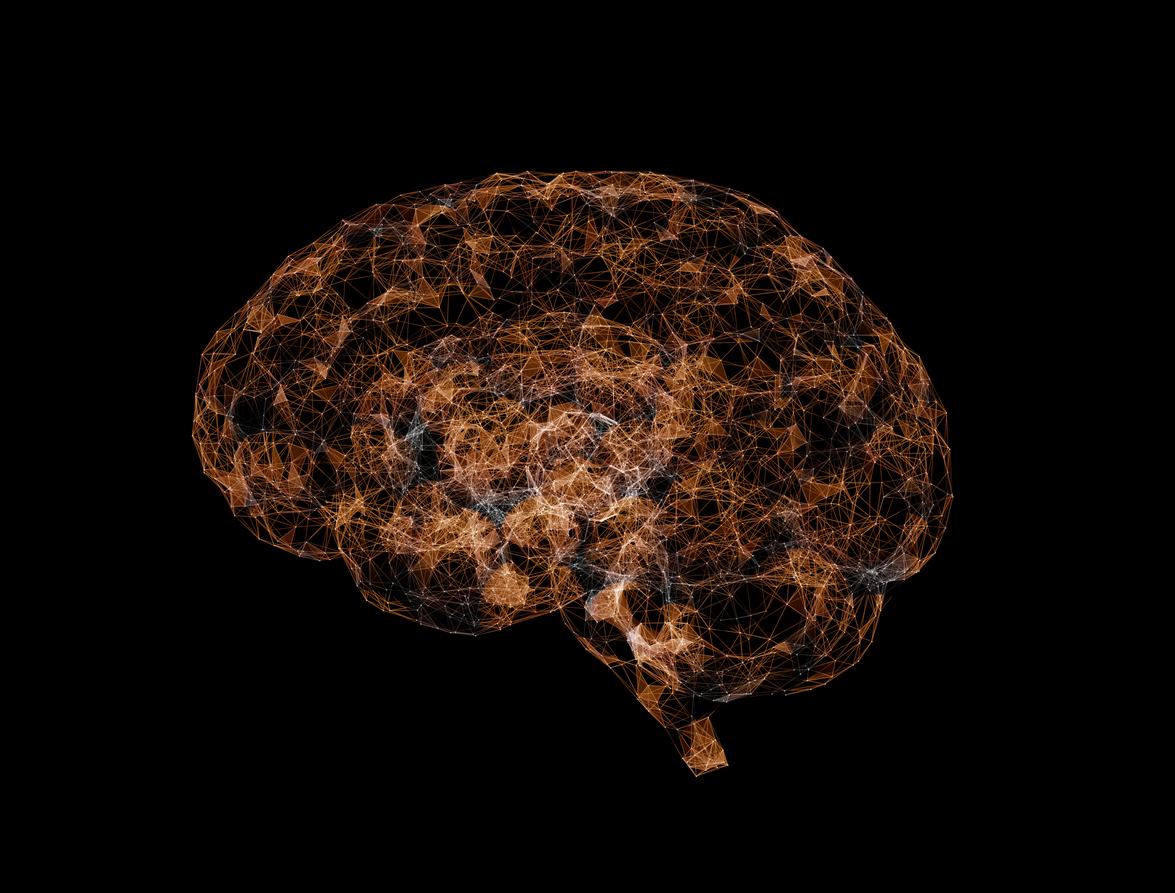A new study suggests that speaking speed may be a reliable indicator for assessing our brain health as we age and predicting cognitive decline.

- Many cognitive abilities decline with age, such as the speed of finding words or the ability to recognize a picture and remember the name associated with it. But according to the study, it’s not the pauses (to find the words) per se that best reveal the state of brain health, but rather the speed of speech between pauses.
- While taking longer to find words is a normal phenomenon associated with aging, the slowdown in our normal speech rate can be a warning sign of potential changes in our brain health.
- “Our results suggest that conversation speed should be tested as part of cognitive assessments to allow caregivers to more quickly detect cognitive decline,” according to the researchers.
As we age, it often takes us longer to find the right words, so much so that some people see it as a sign of potential cognitive decline or age-related dementia. A new study, published in the journal Aging, Neuropsychology, and Cognition, However, this hypothesis is contradicted: speech rate would actually be a much better indicator of brain health than difficulty finding words.
Three tests to assess cognitive and language abilities
To arrive at this observation, researchers from Baycrest Geriatric Hospital and the University of Toronto, in Canada, relied on the observation of 125 healthy adults, aged 18 to 90, as part of three separate assessments.
During the first exercise, participants had to answer questions about different images, while ignoring distracting words that they heard through headphones. For example, while looking at a photo of a mop, they had to answer the question “Does it end in the letter E?”, while hearing the word “broom” through the headphones. A way for scientists to “test the volunteers’ ability to recognize what the image was and remember its name”can we read in a communicated.
For the second test, participants were recorded describing two complex images for one minute each. By analyzing their linguistic performance, the researchers were able to examine how quickly the volunteers spoke, but also to what extent they stopped speaking during their presentation.
Finally, the third exercise consisted of evaluating, using standard tests, the cognitive faculties of the participants which tend to decline naturally with age and which are associated with the risk of dementia such as Alzheimer’s disease. Namely, first of all, executive functions, such as the ability to manage conflicting information, stay focused and avoid distractions.
Slowing speech speed as a sign of cognitive decline
Not surprisingly, the study results revealed that many cognitive abilities declined with age, such as the speed of finding words or the ability to recognize a picture and remember the name associated with it. However, “It was not associated with a decline in other mental abilities. The number and duration of pauses participants took to find the words was not linked to brain health, say researchers. Instead, the speed with which they were able to name pictures predicted how quickly they spoke in general, and both were related to executive function.” In other words, it’s not the pauses per se that best reveal brain health, but rather the speed of speech between pauses.

So, there is no point in panicking if, as we age, we need to take more time to choose our words: it’s normal, it’s part of aging. On the other hand, the slowing down of our normal speech rate, between two pauses to find the words, can be a warning signal of potential changes in our brain health.
“Our results suggest that speaking speed should be tested as part of cognitive assessments to enable caregivers to more quickly detect cognitive decline, and thus help older adults maintain brain health as they age.”concludes Dr. Jed Meltzer, lead author of the study.















